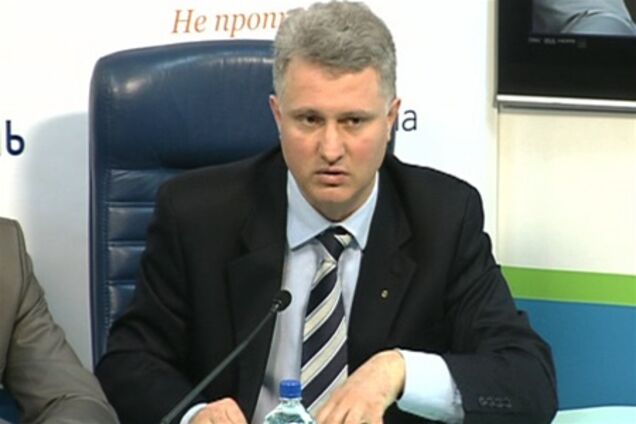
Uchebnik Pupil S Book 1 For Kazakhstan
For other bibliographical essays on Central Asian music, see, for example, Sultanova. On a more general scale, books on music history published in Kazakhstan. Student dictionary of music edited by Subanaliev et al. 2008 Muzyka: Uchebnik dlia 1 klassa obshcheobrazovatel 'noi shkoly [Music.
Instruction for Mathematics and Science in Primary and Lower Secondary Grades Grade at Which Specialist Teachers for Mathematics and Science are Introduced In Kazakhstan’s education system, all subjects in primary school (Grades 1 to 4) are taught by general classroom teachers, except for English and physical education.  Beginning in the first year of basic secondary education (Grade 5), mathematics and the natural sciences are taught by subject specialist teachers. Instructional Materials, Equipment, and Laboratories Kazakhstan has improved the quality of its textbooks and teaching materials by changing its approach, creating teams of writers to include teachers, who employ best practices, and experts from the Materials Development Association. Minacriss server download. New approaches to evaluating educational literature also have been established, employing expertise in several areas of the field (e.g., internal expertise in publishing offices and academic expertise at the national academic and research center Uchebnik). On an annual basis, the Ministry of Education and Science approves a list of course materials for use in the educational process.
Beginning in the first year of basic secondary education (Grade 5), mathematics and the natural sciences are taught by subject specialist teachers. Instructional Materials, Equipment, and Laboratories Kazakhstan has improved the quality of its textbooks and teaching materials by changing its approach, creating teams of writers to include teachers, who employ best practices, and experts from the Materials Development Association. Minacriss server download. New approaches to evaluating educational literature also have been established, employing expertise in several areas of the field (e.g., internal expertise in publishing offices and academic expertise at the national academic and research center Uchebnik). On an annual basis, the Ministry of Education and Science approves a list of course materials for use in the educational process.
In addition, teachers may select books and materials for use depending on their professional preferences, the abilities and interests of their students, and parent opinion. The equipment of schools with modern thematic classrooms contributes to the effectiveness of academic instruction. From 2005 to 2014, the rate of schools with modern thematic classrooms in Kazakhstan increased. 17 At present, 81.8 percent of schools in Kazakhstan are equipped with physics classrooms, 73.1 percent with chemistry laboratories, 72.4 percent with biology laboratories, 76 percent with mathematics classrooms, 60 percent with geography classrooms, and 61.2 percent with language laboratories. Use of Technology The development of educational information technologies is a key component of the national education system.
In recent years, the equipment of schools with computers, software, interactive boards, and Internet access has significantly increased. Access to broadband Internet is provided in 75.9 percent of schools in Kazakhstan. On average, there is one computer for instructional use per 15 students. Innovative interactive boards are provided in 73.2 percent of schools. In 2011, an e-learning project was launched in Kazakhstan, 18 with the objective of providing equal access for all students to top educational resources and technologies. A further goal of the project is to equip all schools with digital educational content by 2020.
The project has planned for the full automation of the educational process (including e-zines and electronic grade books). Accommodation Policies for Instruction and Testing In Kazakhstan, students with special needs have a right to study at home or full time at special or comprehensive schools, depending on their health conditions. In 2015, there were 100 special schools providing free education for students with special needs.